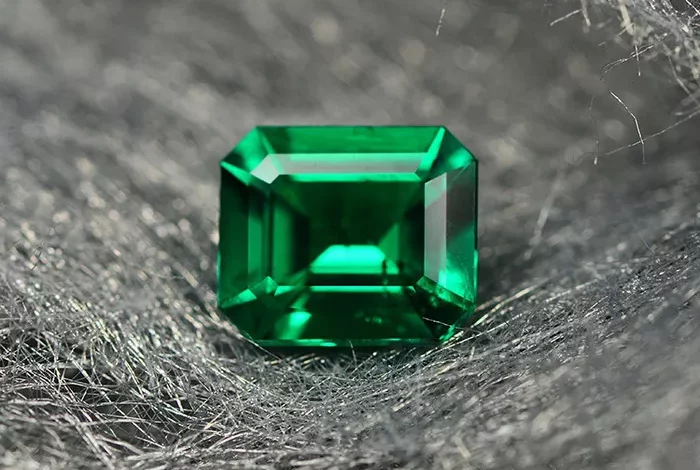Zimbaqua, a company founded in 2019, has carved a niche in the mining industry with its unique gemstone mine located in the Karoi District of northern Zimbabwe. This mining venture, aptly named Zimbaqua, stands out as a potential trailblazer as the world’s first sustainable mine dedicated to empowering women in rural communities through responsible mining practices.
Covering 50 hectares of virgin mining land abundant in minerals like tourmaline, beryl, and mica, Zimbaqua’s operations focus on aquamarine, a blue to blue-green variety of beryl known for its captivating beauty. What distinguishes this mine is not only its commitment to sustainability but also its distinctive feature of having an entirely female workforce. Approximately 35 individuals, primarily using hand-held tools such as hammers, shovels, chisels, and drills, contribute to the daily mining operations.
Founded by Iver Rosenkrantz, a Danish gemmologist with over a decade of experience in gemstone sourcing across Africa, and Patrick Tendayi Zindoga, a Zimbabwean with a construction industry background, Zimbaqua aims to revolutionize the mining sector by empowering women in regions facing unemployment challenges.
Zimbaqua asserts that the decision to exclusively empower women in mining stems from their commitment to change and inclusivity. They recognize the stark unemployment landscape in rural Zimbabwe and the limited opportunities for women. “We are setting new standards for mining and creating opportunities for women, ultimately uplifting and improving their living standards,” says Zimbaqua.
Before commencing operations, Zimbaqua engaged in dialogue with the local community, including the chief and leaders, to garner support and address concerns. The decision to employ only women initially surprised the community, but with support secured, Zimbaqua worked with affected farmers to provide new land and build new houses to replace those impacted by the mining activities.
Rumbidzai Gwinji, the mine manager, exemplifies the success of Zimbaqua’s approach. Formerly without a stable job, Gwinji now leads the mine’s day-to-day operations. Rutendo Chigwajara, the assistant mine manager, started as a general pit worker and is undergoing training to become an excavator operator, with aspirations to become the site mechanic.
While currently exporting to India and Thailand, Zimbaqua is actively establishing connections with renowned jewelry designers worldwide, underlining its commitment to sustainability, gender inclusivity, and responsible mining practices.


